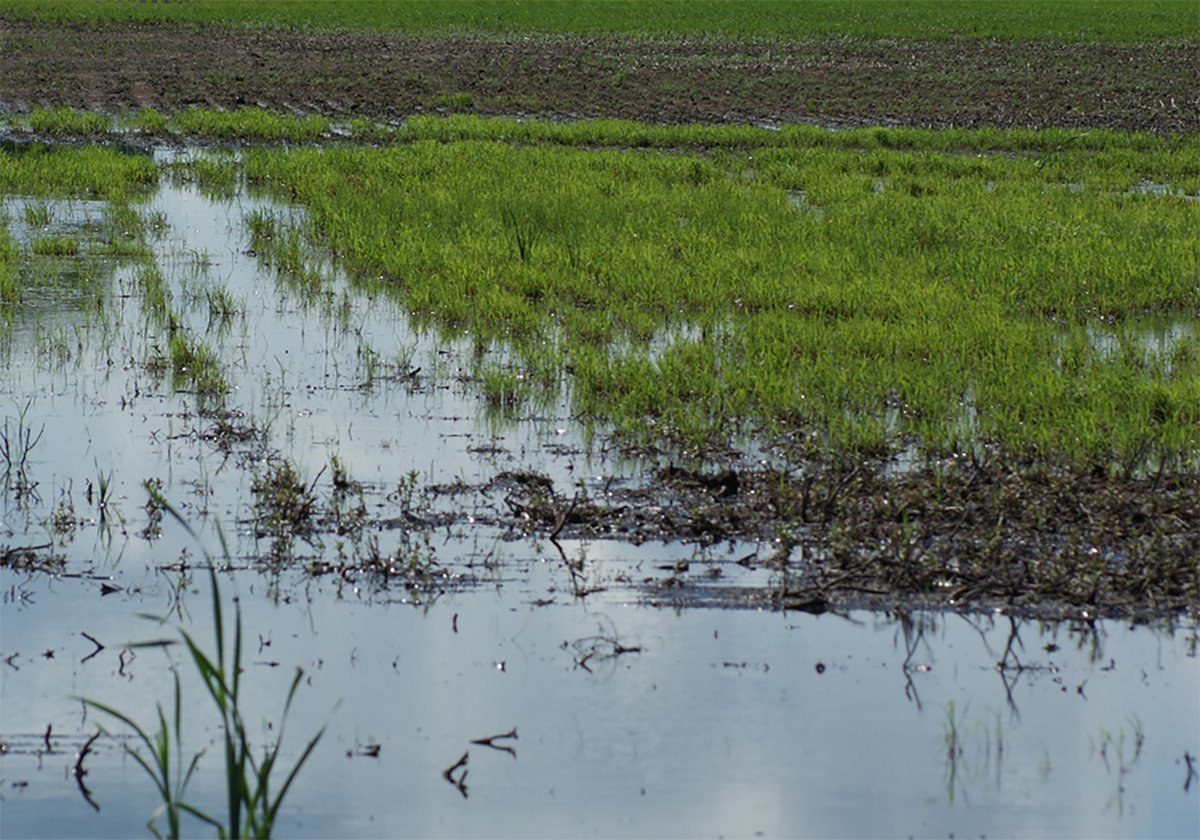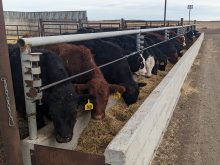Prairie farmers may be in an uphill struggle in their campaign to get government support to offset plummeting farm income.
It is not just a matter of overcoming bureaucratic inertia or political indifference – farmers also face active opposition from eastern sources.
One example of that was a recent editorial in the financial section of the new National Post daily newspaper.
After a sarcastic reference to “the one crop politicians know how to grow, subsidies,” the editorial declared that Canadian agriculture is still “heavily subsidized.” With breathtaking directness, it continued: “Anyway, there is no farm crisis.”
Read Also

Topsy-turvy precipitation this year challenges crop predictions
Rainfall can vary dramatically over a short distance. Precipitation maps can’t catch all the deviations, but they do provide a broad perspective.
Obviously, there is a huge gap between the Toronto writer and farmers like the hundreds who protested two weeks ago in North Battleford. When you’re the one with the bills and inadequate revenue, there’s not much doubt about whether you’re in a crisis.
The Post, however, had a different perspective. It said that total Canadian farm income is expected to decline by only three percent this year, with net farm income to decline 17 percent.
It said the “alleged” farm income crisis appears to be restricted to only Saskatchewan and Manitoba.
Even if that were true, the implication of the statement is unsettling. Does it mean half of prairie farmers should be driven bankrupt because producers of other commodities in other regions are doing well?
But there was more in the editorial, which patronizingly said any other industry would know how to deal with downturns in revenue: “When revenues fall, expenses are cut. But there are few signs that Canadian farms have done much to bring costs into line with the new revenue outlook.”
Words are inadequate in the face of such callous ignorance.
Farmers know very well how to cut controllable expenses. But they have had no choice about their doubled freight rates or steep increases in fertilizer and chemical prices. They cannot force fuel prices or interest rates down.
When insects or disease or weeds are threatening to destroy a crop, there is no choice but to pay the going price for needed chemicals. When a field has to be seeded or harvested, there is no choice but to pay the going price for fuel and spare parts.
Farmers are going to have to speak out to make sure such editorials don’t sway policymakers. Farmers should also demand to know what, if anything, agribusiness is doing on their behalf. Major banks, for example, have long been profitably involved in agriculture. They should be supporting the farm lobby and showing the Post does not speak for the business community.














